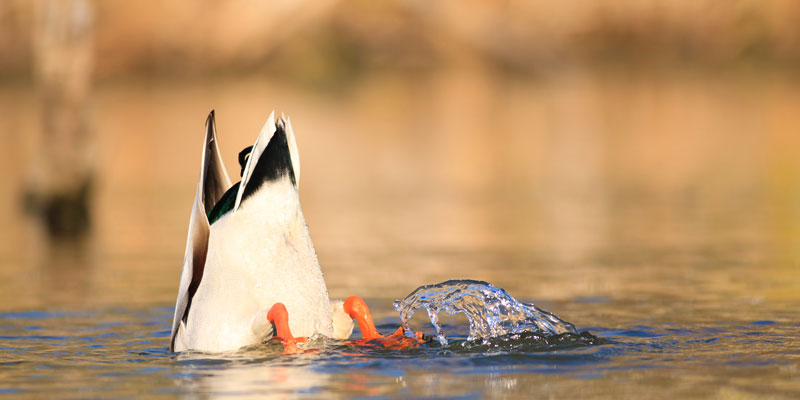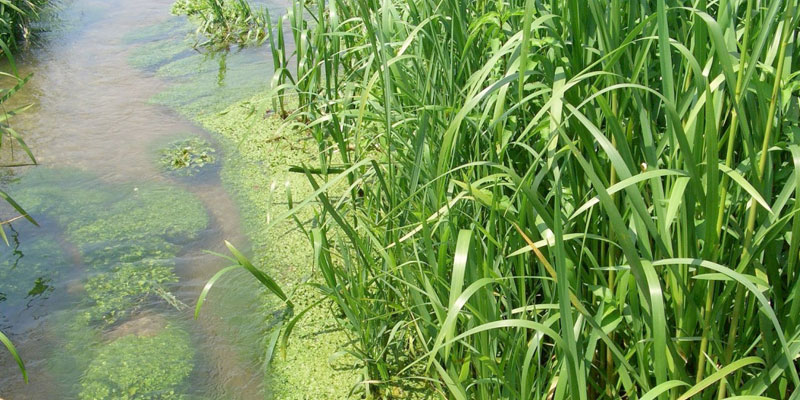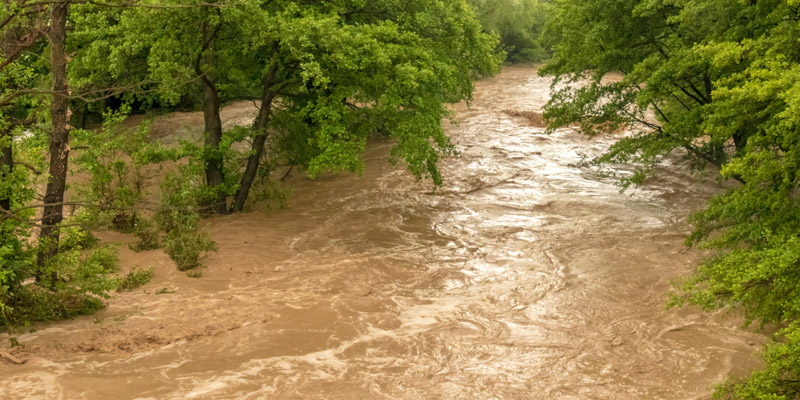Developing a Management Strategy for Cumulative Impact Assessment for Watersheds
Principal Investigator - Kelly Munkittrick, Professor, University of New Brunswick, 2007 - 2009

Challenge
Across Canada, water resources are fully or over-committed, often in the absence of consideration of instream flow needs or ecological services. There are a variety of challenges associated with water resources management, including a lack of common knowledge, terminology and approaches among watershed organizations and other stakeholders. An integrated approach to watershed management is needed, and to facilitate this approach it is necessary to improve communication and create a common language and knowledge base that is informed by the leading research in the area.
The objectives of this project, led by Dr. Kelly Munkittrick were to assess the training and information needs of watershed organizations and water resource users, and provide a comprehensive learning program and adaptable framework for use by watershed organizations and other users that will address their identified needs and build their capacity for water resource management.
Project
During the first stage of this project, the team conducted a needs assessment among stakeholders using a key informant survey, a modified Delphi technique (a structured communication technique which relies on a panel of experts) to gather information on existing resources, and a survey and roundtable approach, building on the former data. They identified three key learning needs of watershed organizations:
(1) The need for credible sources of terms, concepts and Best Management Practices;
(2) The need to be more effective at transfer of knowledge, and
(3) The need to gain knowledge and practice with initiating, facilitating and sustaining change in their watershed.
The second stage of the project responded to these identified needs through the production of a comprehensive learning package that housed a glossary of terms and information on water resources Best Management Practices and fresh water and estuary concerns to share information with watershed organizations and other stakeholders. The information from this toolkit is used as part of a training program run by project partner United Nations University International Network on Water, Environment, and Health (UNU-INWEH), as well as a course run at the University of New Brunswick.
Outputs
- The learning program and toolkit developed during this study was provided both as an interactive CD and online. It can be found at http://www.unb.ca/research/institutes/cri/WatershedCD_Feb9/.
- This information is also used as a resource for a course at the University of New Brunswick within the BSc Environment and Natural Resource program, and also formed an essential part of the UNU-INWEH program on integrated water resource management.
Outcomes
- The learning package created over the course of this project helped (and continues to help) to create a common knowledge and terminology amongst watershed organizations and other stakeholders, which facilitates communication and initiatives around integrated water resources management.
- The information contained in this package also contributed to the development of two courses, one undergraduate course at the University of New Brunswick and one diploma course at UNU-INWEH, and so this project is contributing to the broadening of student knowledge around integrated resources management.
- Finally, this project created relationships and linkages between watershed organizations and provided a common language to allow stakeholders to more effectively interact.




